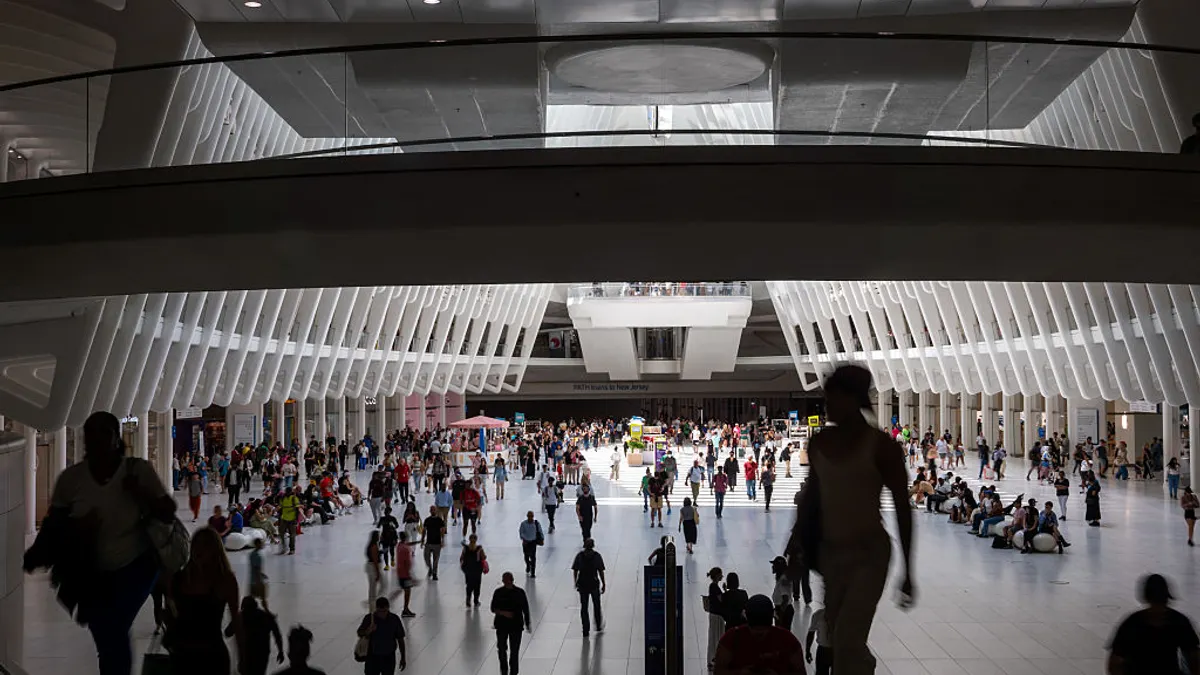Editor's note: This is a contributed piece by Katherine L. Fechte, an attorney at Greensfelder, Hemker & Gale, P.C., in St. Louis. She assists clients in matters related to employment and labor law and focuses part of her practice on wage and hour issues. She can be reached at [email protected].
Hoping to undo Obama-era regulations that limited tip-sharing arrangements, the U.S. Department of Labor (DOL) issued a Notice of Proposed Rulemaking (NPRM) late last year stating its intention to rescind those rules. But the proposal’s future doesn’t look promising.
Under the proposed Fair Labor Standards Act (FLSA) rules, businesses and establishments could require employees that earn tips, such as waiters and bartenders, to share their tips with those employees who do not receive tips and earn wages alone. The rule would only apply to those employers that pay employees a full minimum wage, and do not take a tip credit. Notably, the proposed rules do not prohibit employers from keeping the tips themselves — a fact that may ultimately doom the NPRM.
The current regulations, promulgated in 2011, expressly held that tips are the property of the employee, and that the employer is prohibited from taking or using tips regardless of whether or not it has taken a tip credit. The DOL’s 2017 proposed rule would rescind the current rule, and effectively make tips the property of the employers who choose to take and/or redistribute them among other employees — whether they’re serving or working in the back of the house.
Just before the standard public comment period for the regulations closed, Bloomberg BNA revealed that the DOL had prepared and intentionally withheld its economic analyses finding that tipped workers stood to lose billions of dollars in tip income if the proposed rule took effect. Democratic members of the House Committee on Education and the Workforce demanded that the DOL provide the findings of its economic analyses and other information, including the names of all DOL officials who were involved in reviewing or deciding whether to include or exclude the results of the economic analyses in the NPRM.
Three days later, Democratic House members send the DOL another letter, proclaiming that the proposed rule is contrary to Congressional intent, runs counter to the FLSA, and lacks a required quantitative analysis to demonstrate its benefits or justify its costs. The members effectively argue that by not prohibiting employers from pocketing tips themselves, tipped employees have everything to lose under the proposed rule, and nothing to gain. As of this writing, the Secretary of Labor and the DOL remained silent amid the backlash.
It was originally suspected that the DOL would move forward with its proposed rule and amend or revise it as the department saw fit once the comment period ended. It remains to be seen how it will proceed now, given the allegations that it took overt action to hide important data.
The DOL has an obvious uphill battle in proving the rule would have any benefits for workers, while also addressing the claims that it failed to ensure transparency during the regulatory process. And while this itself is quite the mess to clean up, the DOL’s Office of the Inspector General also announced that it will launch an investigation into the agency’s rulemaking process.
So what does this mean for employers? The future of the proposed rule looks bleak, and unless the DOL amends the regulation to prohibit businesses from taking the tips themselves (meaning tips must be redistributed back to the employees), it is unlikely the rule as written will be implemented given the significant legal and economic challenges. At least for now and the immediate future, tips belong to tipped employees.










